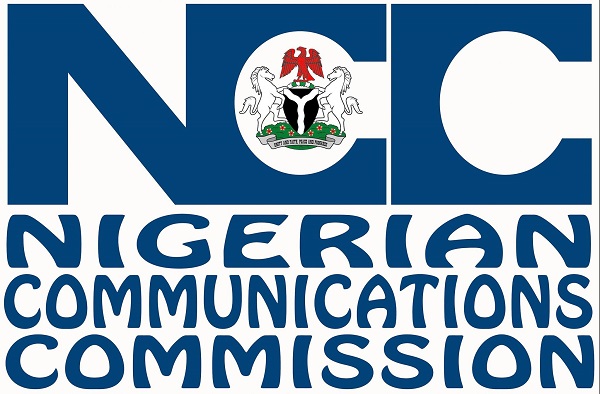
The Nigerian Communications Commission (NCC) recently conducted a two-day public inquiry to deliberate on three key regulatory rules aimed at advancing and optimising the country’s telecommunications sector. The event, which drew participation from both in-person and virtual attendees, underlines NCC’s commitment to openness and inclusivity.
The executive vice-chairman of NCC, Dr. Aminu Maida inaugurated the session by underscoring the significance of involving stakeholders in shaping telecom regulations. He highlighted NCC’s unwavering dedication to fostering an efficient and competitive telecom industry. Maida stated, “This Public Inquiry underscores our pledge to transparency and ensuring all voices are considered.”
The inquiry centered on three regulatory rules:
1. Telecommunications Networks Interconnect Regulations: Maida elucidated that interconnection facilitates seamless communication between different networks, thereby bolstering the telecom industry. The proposed amendments aim to align with emerging technologies, enhance regulations and promote equitable competition.
2. Guidelines on Procedure for Granting Approval to Disconnect Telecommunications Operators: This rule lays out a transparent and just process for disconnecting telecom operators when necessary. It safeguards operators from arbitrary actions, ensuring market stability.
3. Guidelines for Dispute Resolution: Maida emphasised the necessity of a robust dispute resolution system within the telecom sector. The revised guidelines aim to establish a clear and fair mechanism for expeditiously resolving conflicts.
Acting head of legal and regulatory services at NCC, Mrs. Chizua Whyte extended a warm welcome to participants and underscored the inquiry’s role in enhancing the communications sector. “Our regulations must swiftly adapt to new technologies,” she stressed, advocating for changes to enhance compliance and bolster market coherence.
The primary objective of the inquiry is to refine these regulations based on feedback from industry stakeholders, thereby aligning them with the evolving needs of the sector. Whyte emphasised, “This public inquiry reaffirms our commitment to nurturing a robust communications sector that bolsters Nigeria’s economy.”
The NCC’s initiative in hosting this inquiry underscores its commitment to fostering a telecom landscape conducive to innovation, equitable competition, and the best interests of all stakeholders.
Participants actively engaged in constructive dialogues, offering insights that will help shape the future of Nigeria’s telecom industry. As the sector progresses, collaborative endeavours like these play a vital role in ensuring that regulations remain pertinent and effective.

